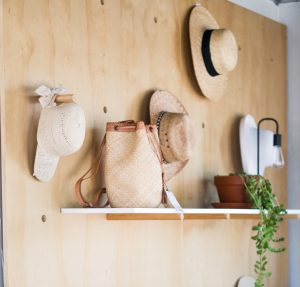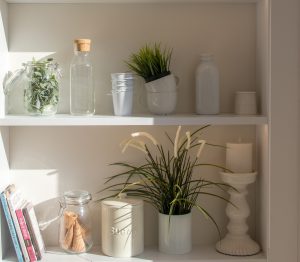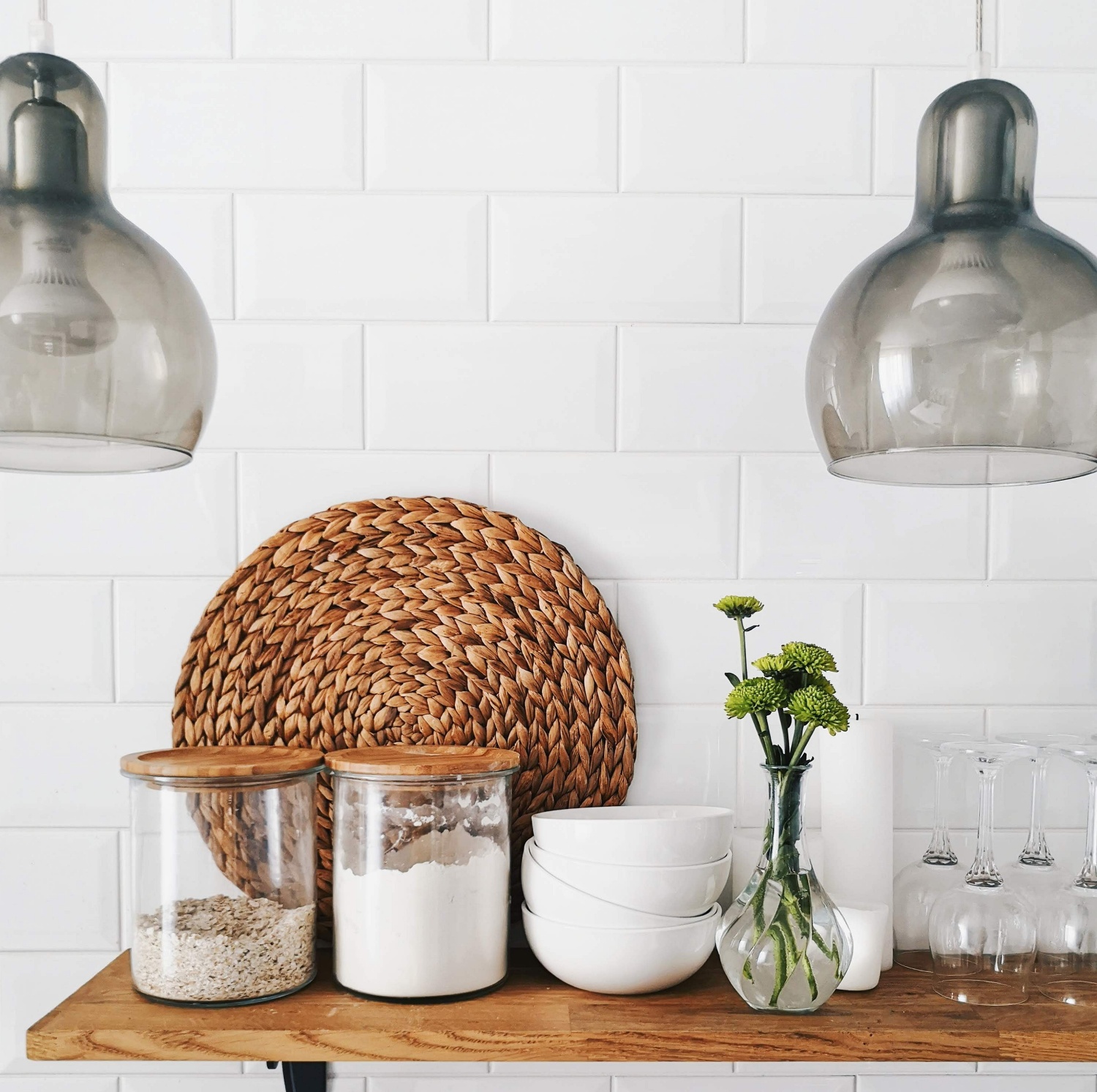We all welcome a magic bullet, a hack, a shortcut that takes something hard or time consuming and makes it easier and fast tracks our success. What’s the secret to parenting, a happy life, or…an organized home? I’ll pass on weighing in on the first two, but I do have some things to say about the last one. This organizing secret may not be popular, though. It may not be what you want to hear. And, I don’t particularly love sharing it. That’s not true. I do love it, but I tend to tread lightly here. Any guess what it is?
Most organized homes have common components to them…effective systems, daily maintenance, healthy habits. But THE number one thing that makes getting and staying organized easier is to HAVE LESS STUFF.



So, why would no one want to hear that? Well, it could be interpreted as a directive, or a judgment…on decisions you’ve made, money you’ve spent, lifestyle, habits, priorities, emotional attachment to things, etc. But, it’s not. Why? That wouldn’t be helpful and it’s often not true. Also, people often judge themselves enough with others doing it, too. So what is it? It’s simply an objective look that acknowledges having less = less time and money spent on the purchase and maintenance of said stuff. Less stuff = more open space. Less stuff = less opportunity to create clutter. And, less stuff = more ease. And I want ease for you.
It’s also just simple math. If you compare the amount of space you have to the amount of stuff, and stuff > space, that equals excess. And excess can be organized at a snapshot in time, but it’s very challenging to keep organized over the long haul. Adding one more thing to a taxed overflowing space and the system falls apart.
You many be thinking easy for you to say. You don’t know MY situation. True. There are many reasons for stuff… lots of kids, multiple hobbies, a tiny home, no pantry, not enough storage, or inherited stuff. I don’t want to diminish the reality that some circumstances make it harder to “just own less” than others. However, if we come back to the notion that, emotions aside, less stuff = more ease, we can at least more easily see the attractiveness in scaling back.
Desire is one thing, but commitment and taking action is another. Commitments can be hard. But, really, is there a decent alternative? Continue to bust at the seams? Continue to have stuff take up your precious space, maintaining it, fixing it, moving it? Continue to feel burdened for…ever? At some point, cut your losses. EVEN THOUGH your stuff cost $, EVEN THOUGH you thought you’d use it but you didn’t, EVEN THOUGH it was on sale, let it go because it’s not serving you.



So, if there’s even a tiny part of you that thinks that you have too much stuff and you’re ready to part with some things, now what? First of all, start small. Get rid of a few ______ (fill in the blanks) and see how it goes. If you’re still standing ( you will be!), dig a little deeper. There are levels to decluttering and we can only tackle what we’re ready for. Step aside and come back in an hour, a day, a week or a month. When you’re ready for more, you do more. Whenever your mind resists you…”But I paid good money for it.” Or “But it was a gift”, remember your goal of ease, and remember that memories are not in things. They’re in you. All that being said, by all means keep your grandmother’s china. Keep what you value.
This isn’t about minimalism, which often gets a bad rap. A middle ground is available! You can have a life that doesn’t involve deprivation or lack, but includes owning what you want, need, use, and have space for. There’s no universal answer as to how much is too much, not enough, or just right. But, some clues you may have too much are….feeling stressed in your environment, having trouble finding things, piles that just grow bigger not smaller, time consuming clean ups. So, chip away one item at a time, one decision at a time. Move quickly, without overthinking. You will make progress. It’s inevitable. To quote the wise Joanna Gaines from her book The Stories We Tell “letting go reveals what else our arms were made to carry”.

